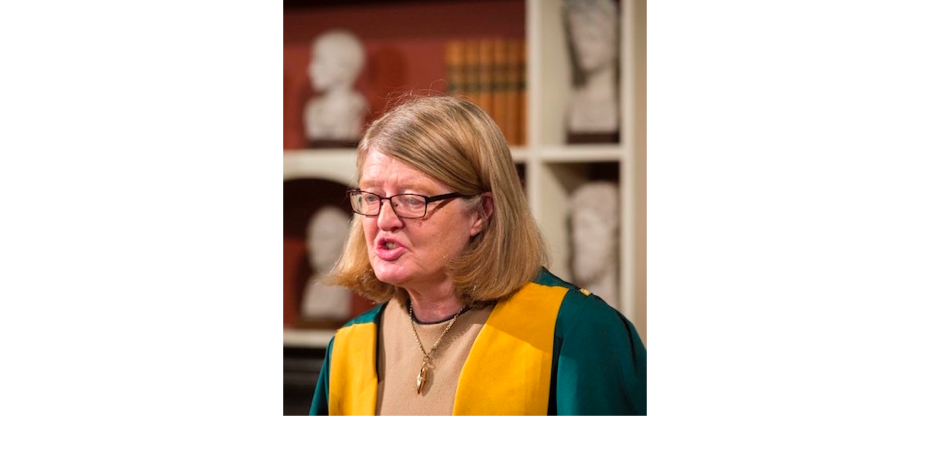

Presidential Discourse on the topic of Higher Education and Irish Society: From Independence to today
A report from John Field, Adjunct Professor HERC and Emeritus Professor of Lifelong Learning, Stirling University, Scotland
Mary E. Daly is a distinguished historian and the first female President of the Royal Irish Academy. It was a great pleasure to hear her Presidential Discourse on the topic of Higher Education and Irish Society: From Independence to today. As the title suggests, Prof. Daly’s aim was to give a historical perspective on where we – the Irish higher education system – are today.
Looked at over the past century, Prof. Daly identified two challenges that had long term roots. The first is a tendency for the sector to continue expanding without securing additional funding, a pattern that she traced back to the founding of the new state. There was little public provision for research funding until the 1990s, and the system’s role was primarily concerned with teaching. The modern research university in Ireland is, she said, a mere twenty years old. Socially, participation rates are deeply unequal; but she believed that any serious attempt to remedy deep-rooted inequalities would be at odds with the meritocratic principles of selection that have dominated hitherto.
Second, the sector has lacked a strong and unified voice. Since the 1970s, Prof. Daly noted that much of the expansion had taken place in new HEIs rather than the established universities, and this institutional diversity has accentuated the levels of competition and further weakened the sector’s ability to articulate coherently its place in Irish society, and make a compelling case for investment. From a policy perspective, moreover, the funding model has been very effective in delivering growth for limited costs, so why change now?
As well as these two long term challenges, Prof. Daly identified an emerging and significant threat in contemporary attitudes towards science and expertise. Those working in higher education need to engage with the wider public and make the case for the relevance of their disciplines to people’s lives, while keeping sight of the importance of pure research.
For a fuller account, we can look forward to the published version. Meanwhile, for me it was valuable and stimulating to hear this topic examined by a historian who has a strong grasp of the wider social and political contexts, underpinned by a well-developed capacity for analysing evidence of long term change.
